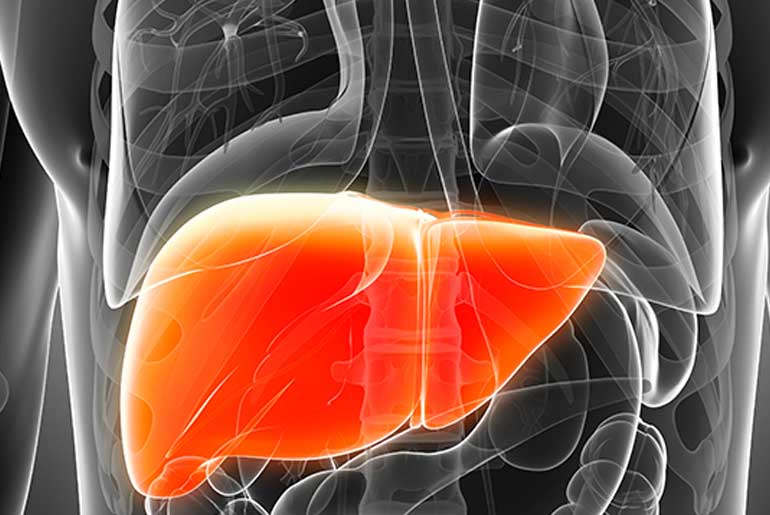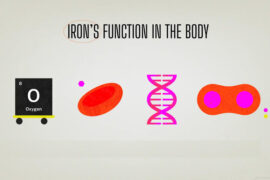Fatty liver:
Fatty liver disease, a condition where the liver accumulates more fat than normal, has become increasingly prevalent due to contemporary lifestyles characterized by sedentary habits and excessive caloric intake. The liver, a crucial organ with diverse functions essential for overall health, is adversely affected when fat accumulates beyond the recommended 5%. This condition can be identified through a straightforward ultrasound examination, revealing an enlarged and brighter liver.
To combat fatty liver, experts emphasize lifestyle modifications, including regular physical activity and dietary changes, aimed at reducing excess fat buildup. Prioritizing a healthier lifestyle is crucial in supporting the liver’s functions and preventing the progression of fatty liver disease for a healthier tomorrow.
Understanding Fatty Liver Disease:
Fatty liver, or hepatic steatosis, occurs when the liver cells accumulate an excess of fat, disrupting the organ’s normal metabolic functions. There are two primary types of fatty liver disease: alcoholic fatty liver disease (AFLD) and non-alcoholic fatty liver disease (NAFLD). AFLD is associated with excessive alcohol consumption, while NAFLD is linked to factors such as obesity, diabetes, and metabolic dysfunction. NAFLD, recently renamed as MASLD (Metabolic Dysfunction Associated Steatosis Liver Disease), poses a significant global health concern, affecting millions of individuals.
Symptoms may be absent in many cases, but some people may experience mild discomfort or heaviness on the right side of the abdomen, particularly after consuming a substantial meal. Understanding these distinctions is crucial for addressing the complexities of fatty liver disease and tailoring effective prevention and management strategies. Here are some causes and expert tips to combat fatty liver disease:
Causes of Fatty Liver:
Poor Diet:
- High in Saturated Fats and Sugars: Consuming a diet high in saturated fats and added sugars can contribute to the accumulation of fat in the liver.
Lifestyle Factors:
- Lack of Physical Activity: Sedentary lifestyles and lack of regular exercise are associated with an increased risk of fatty liver.
Metabolic Conditions:
- Obesity: Being overweight or obese is a significant risk factor for developing fatty liver disease.
- Type 2 Diabetes: Insulin resistance and diabetes can contribute to fat buildup in the liver.
Genetic Factors:
- Genetics: Some people may be genetically predisposed to developing fatty liver.
Other Health Conditions:
- High Cholesterol: Elevated levels of cholesterol can contribute to liver fat accumulation.
- Metabolic Syndrome: A combination of factors, including obesity, high blood pressure, and insulin resistance, can increase the risk.
Expert Tips to Combat Fatty Liver:
Healthy Diet:
- Balanced Nutrition: Adopt a diet rich in fruits, vegetables, whole grains, and lean proteins. Limit intake of saturated fats and added sugars.
- Portion Control: Watch portion sizes to avoid overeating and excessive calorie consumption.
Regular Exercise:
- Aerobic Exercise: Engage in regular aerobic activities, such as walking, jogging, or swimming, to help reduce liver fat.
- Strength Training: Incorporate strength training exercises to improve overall metabolic health.
Weight Management:
- Gradual Weight Loss: If overweight, aim for gradual and sustainable weight loss through a combination of diet and exercise.
- Avoid Crash Diets: Rapid weight loss can worsen liver health; focus on long-term lifestyle changes.
Control Blood Sugar:
- Manage Diabetes: Keep blood sugar levels under control through medication, diet, and lifestyle modifications.
Limit Alcohol Consumption:
- Moderation: If consuming alcohol, do so in moderation, as excessive alcohol intake can contribute to liver damage.
Medical Monitoring:
- Regular Check-ups: Schedule regular check-ups with healthcare professionals to monitor liver health and address any underlying conditions.
Consultation with Specialists:
- Seek Expert Advice: Consult with a hepatologist or a healthcare professional specializing in liver health for personalized guidance and treatment options.
It’s crucial for individuals with fatty liver disease to adopt a holistic approach, incorporating healthy lifestyle changes and seeking guidance from healthcare professionals for optimal management.
Disclaimer:
The information contained in this article is for educational and informational purposes only and is not intended as a health advice. We would ask you to consult a qualified professional or medical expert to gain additional knowledge before you choose to consume any product or perform any exercise.







